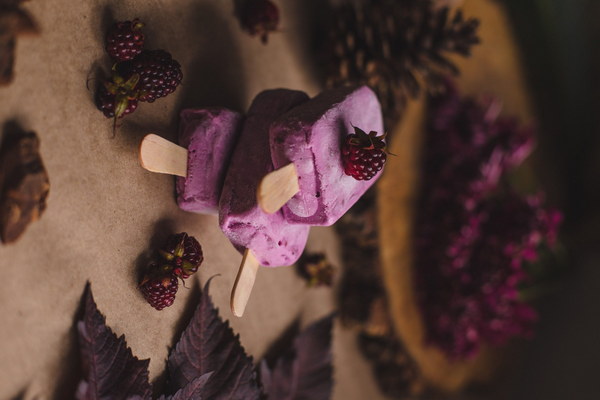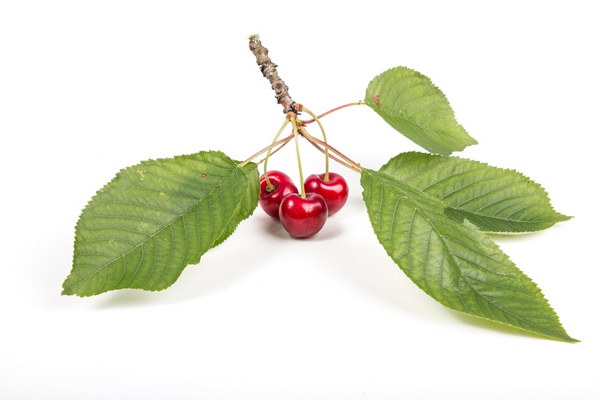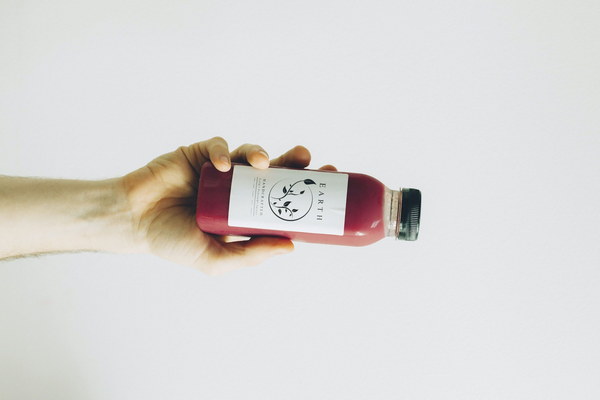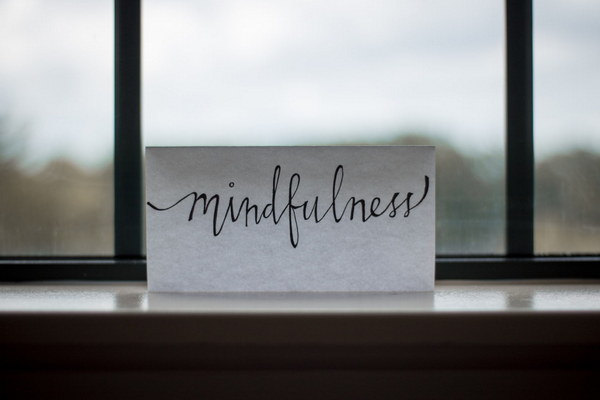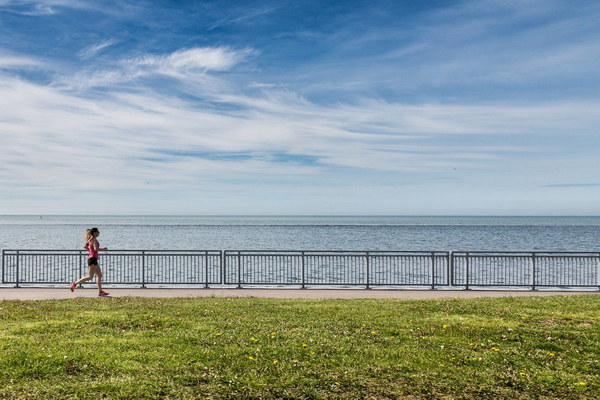Drinking Tea A Double-Edged Sword - Hydration or Dampness
In the world of tea, enthusiasts often find themselves at odds over its impact on health. One common debate is whether drinking tea can help alleviate dampness or, on the contrary, exacerbate it. This article delves into the intricacies of this debate and provides insights into the effects of tea on dampness.
Dampness, or Damp-Heat in traditional Chinese medicine (TCM), is a concept that refers to an imbalance in the body's fluids, leading to symptoms like fatigue, bloating, and aching joints. Tea, with its vast array of flavors and health benefits, has been a staple in many cultures for centuries. However, its effect on dampness remains a topic of controversy.
Proponents of drinking tea to alleviate dampness argue that certain types of tea have diuretic properties, which help to flush out excess fluid from the body. Green tea, in particular, is often cited as a go-to beverage for this purpose. The high concentration of antioxidants and polyphenols in green tea may help to reduce inflammation and improve digestion, thereby aiding in the elimination of dampness.
Moreover, green tea's low caffeine content makes it a suitable choice for those who may be sensitive to caffeine and looking for a natural diuretic. Green tea's ability to increase metabolism and enhance fat oxidation is also seen as a positive aspect for those trying to combat dampness through weight loss.
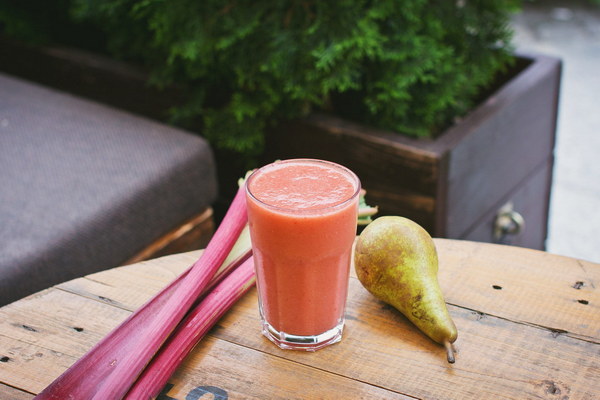
On the other hand, critics argue that drinking tea, especially in large quantities, can contribute to dampness. The reasoning behind this is that tea contains tannins, which can interfere with the absorption of nutrients and proteins in the body. This may lead to a deficiency in essential nutrients, exacerbating dampness.
Furthermore, the diuretic properties of tea can cause dehydration if not consumed in moderation. Excessive tea consumption may lead to a loss of electrolytes and fluid balance, resulting in increased dampness. In TCM, excessive tea drinking is often associated with symptoms of dampness, such as cold limbs and a bloated stomach.
To determine whether tea is a dampness-soothing or dampness-enhancing beverage, it's crucial to consider the individual's constitution and the specific type of tea consumed. Here are some factors to keep in mind:
1. Personal Constitution: In TCM, individuals are categorized into different types, such as Yin or Yang. Depending on your constitution, certain types of tea may be more suitable than others. For instance, those with a Yin constitution may benefit from cooling teas like green tea, while those with a Yang constitution may need to avoid caffeine-laden teas.
2. Tea Type: As previously mentioned, green tea is often considered a dampness-soothing beverage due to its diuretic properties. However, other types of tea, such as black tea and oolong tea, may have a more warming effect on the body and could potentially exacerbate dampness.
3. Tea Preparation: The way tea is prepared can also influence its impact on dampness. For example, brewing tea with boiling water may extract more tannins and potentially contribute to dampness. Conversely, brewing tea with cooler water may minimize the risk of dampness.
In conclusion, the debate over whether drinking tea can help alleviate dampness or enhance it is not straightforward. While some types of tea may have diuretic properties and contribute to dampness relief, others may exacerbate the condition. It's essential to consider individual constitution, tea type, and preparation methods to determine the most suitable tea for your needs.
Ultimately, moderation is key. Enjoying a cup of tea in moderation can be a delightful way to unwind and reap its health benefits. However, excessive tea consumption may lead to unintended consequences. As with any dietary or lifestyle change, it's advisable to consult with a healthcare professional or a TCM practitioner to find the most suitable solution for your specific health concerns.

